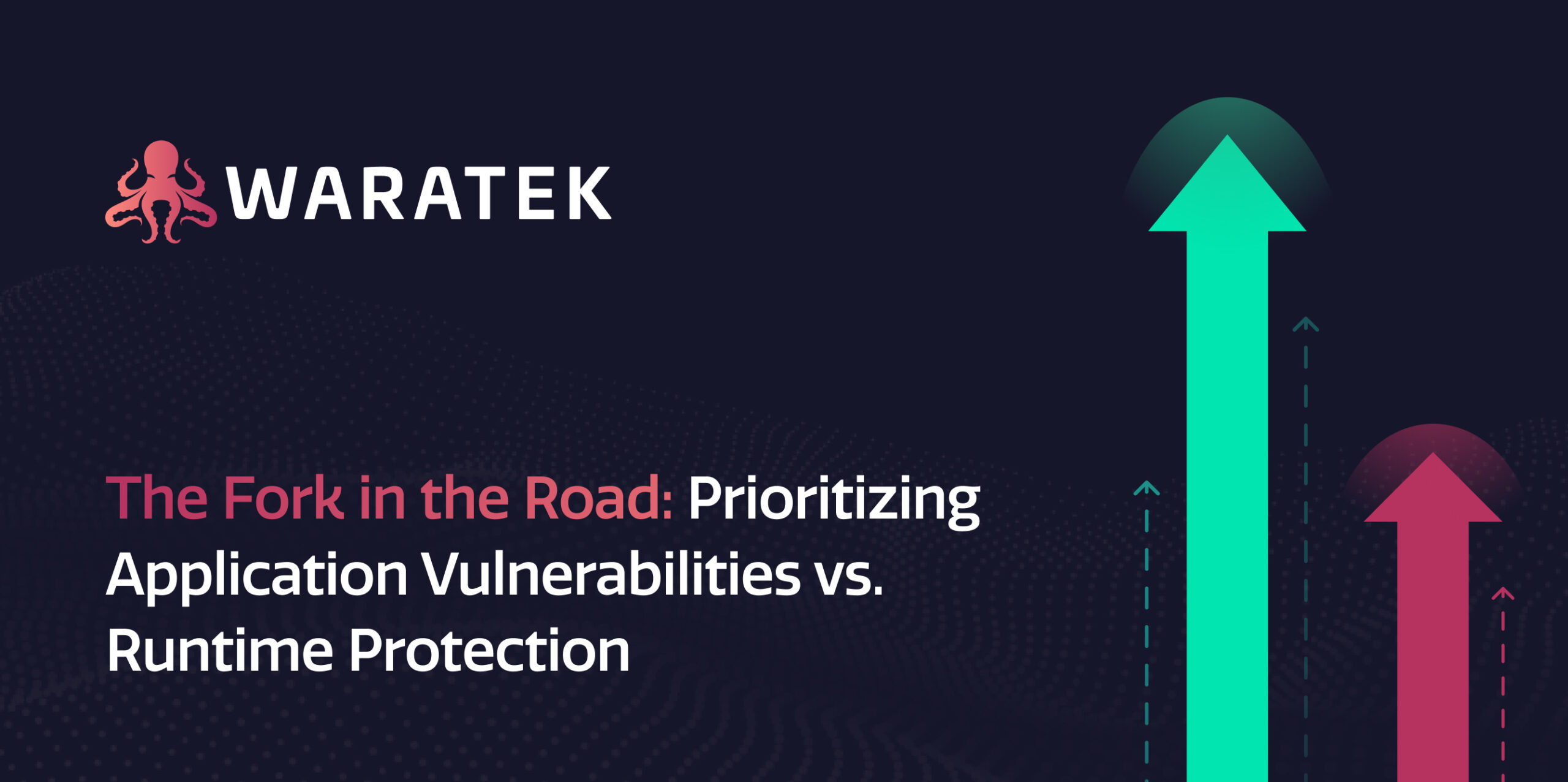
Java is one of the most widely used programming languages in the world, powering everything from enterprise applications to web browsers. Java is unique in that it is a compiled language that runs on a virtual machine. This means that Java applications can run on any platform that has a compatible java virtual machine (JVM) installed. But with its popularity comes a specific set of security challenges that enterprises must address to protect their systems and data. The JVM itself is a potential attack vector. Attackers can exploit vulnerabilities in the JVM to bypass security controls and execute arbitrary code.
Let’s explore three key challenges and how to address them.
Serialized Bytecode Data
Because Java is compiled into bytecode, it presents as regex — which looks unreadable to most people and requires a deeper level of domain knowledge to effectively secure. Cybersecurity teams must be able to understand the intricacies of the Java language and its execution environment to properly protect against threats.
Architecture
One of the most difficult aspects of Java is its architecture, which allows for dynamic code loading at runtime. Attackers can use this feature to inject malicious code into Java applications and circumvent traditional security measures. Cross-site scripting (XSS) attacks on Java applications can also allow attackers to execute arbitrary code on a victim’s computer.
An XSS attack occurs when a bad actor injects malicious code into a web page, which is then executed by unsuspecting visitors to the compromised site. This can allow the attacker to steal sensitive information such as passwords, session tokens, or other user data. Java applications are particularly vulnerable to XSS attacks because they often rely on user input to generate web pages.
Ecosystem
Another challenge is the sheer size of the Java ecosystem. The Java Virtual Machine (JVM) is used by millions of developers worldwide, and there are thousands of third-party libraries and frameworks available for Java. This makes it difficult for enterprises to keep track of all the dependencies in their Java applications and ensure that they are secure.
This is how Log4j took over the internet in November 2021. Log4j was a widely used library for logging in Java infrastructures, which means that essentially any company with Java applications was affected. Because so many businesses rely on Java applications, simply turning them off would have been detrimental to their system’s functionality.
How to Proceed
With those challenges laid out, it may seem daunting. But you do not have to hire a team of java experts who have spent years learning the nuances of a language written in bytecode. Besides, most Java experts become developers, not security specialists. And in any case, such a team would cost millions of dollars per year to operate.
The good news is, you can implement security platforms into your strategy that are built for Java from the ground up. By using these, you can ensure that your Security Platform is specifically designed to address the unique security challenges faced by enterprises that use Java.
One of the key features of such products is their ability to detect and prevent attacks that exploit the dynamic loading of code in Java applications. They can intercept and analyze all calls to the JVM (Java Virtual Machine), allowing them to detect and block any attempts to inject malicious code into a Java application.
Consider also implementing a rules engine that enables your enterprise to define custom immutable security policies for your Java applications. This allows you to easily manage and enforce security controls across your entire Java application portfolio, regardless of the complexity of the application or the size of the ecosystem.
In addition to its security benefits, by using a lightweight agent that sits within the JVM, a java-specific platform can provide real-time protection without impacting application performance or requiring any changes to the application code.
To get started implementing Java-specific application security instantly, click here.




